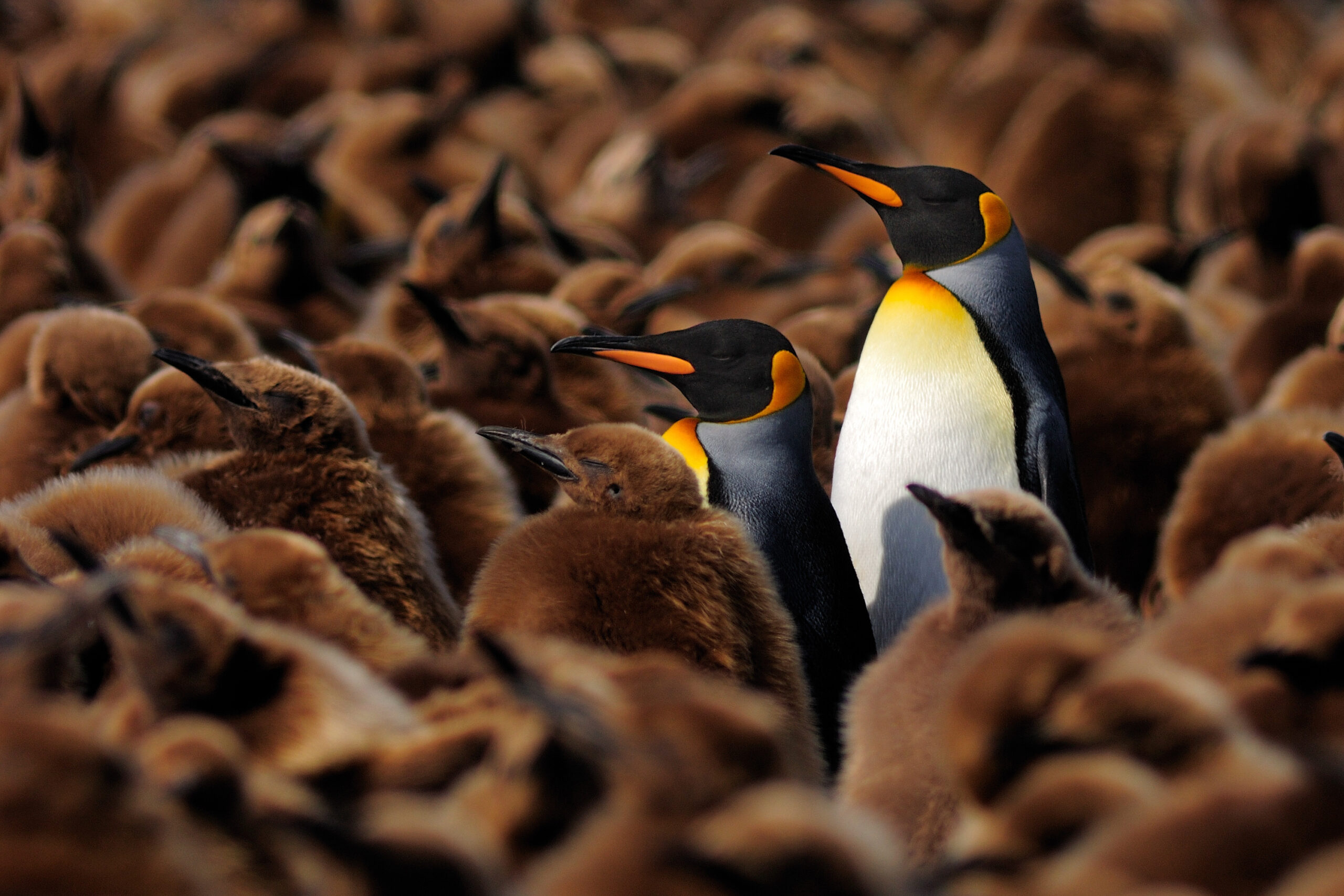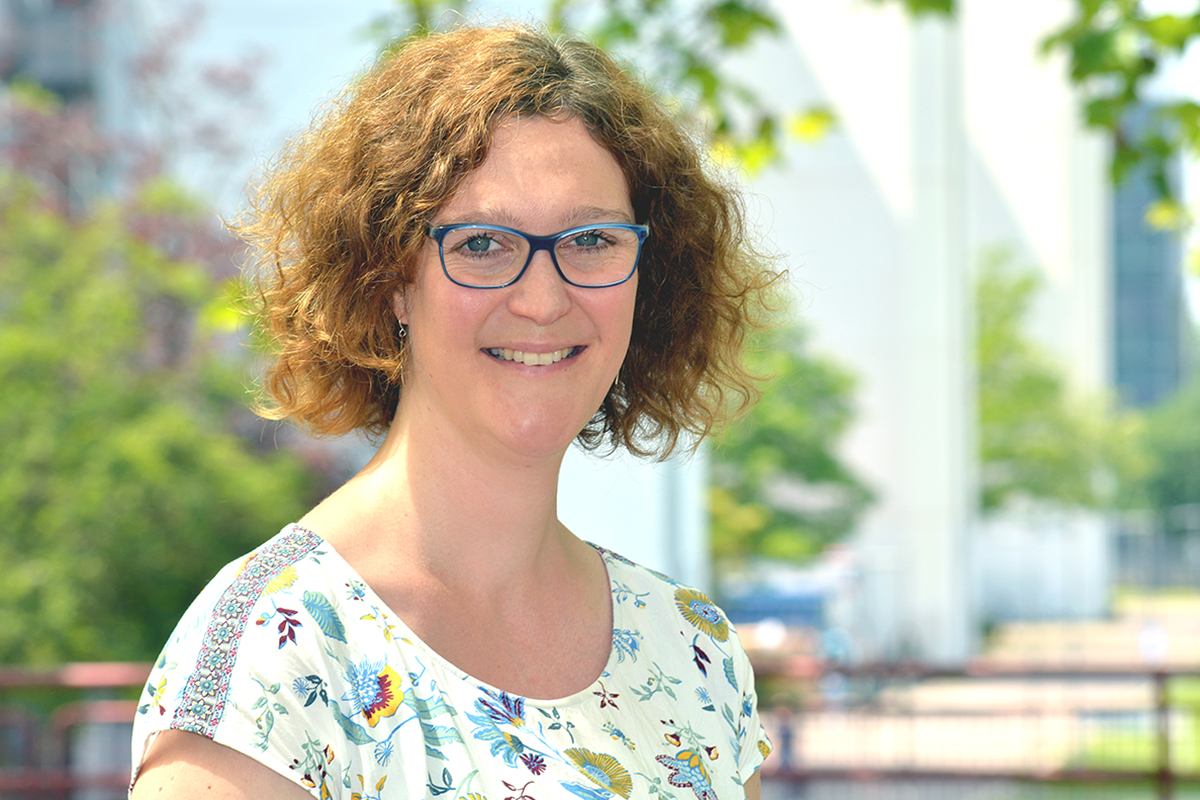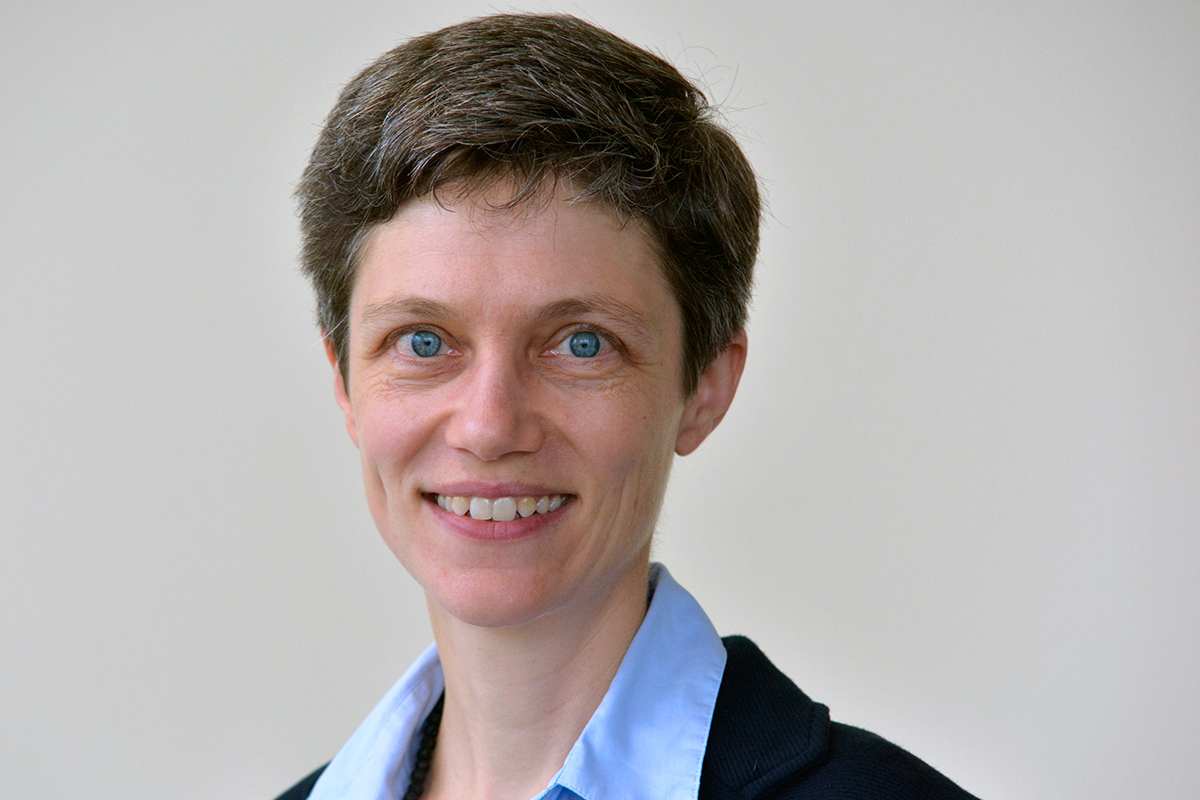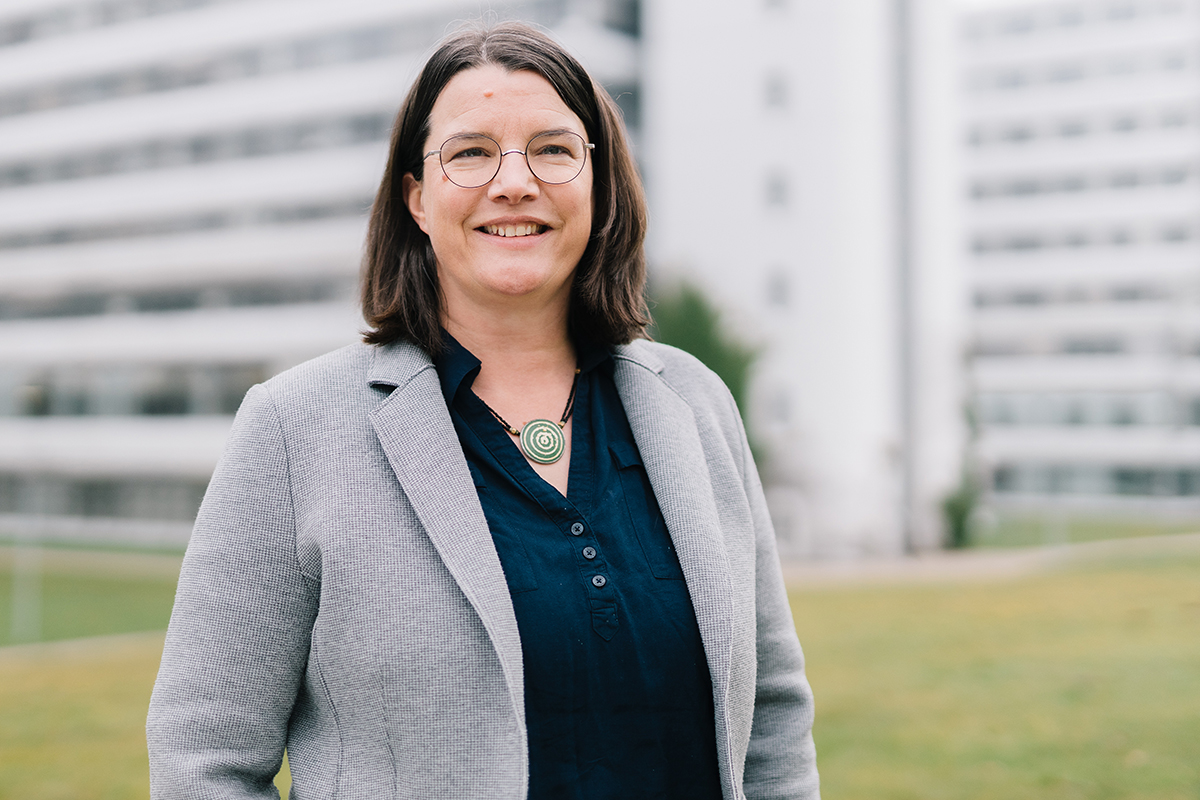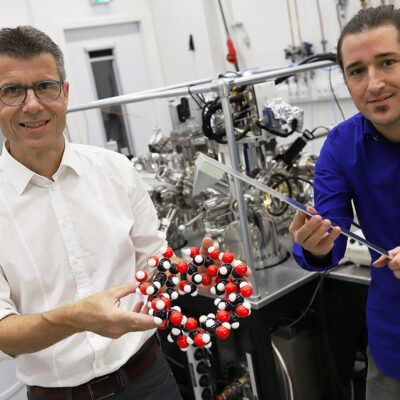Individual differences exist not only in humans, but in all organisms. The JICE Institute at Bielefeld University and University of Münster is investigating the role that individualization plays under changing conditions. Since the end of November 2021, the new research network InChangE has been coordinated under the umbrella of the institute. The network is funded by the Ministry of Culture and Science of North Rhine-Westphalia through its profile-building program. It is intended to combine the methods and knowledge of natural sciences, humanities and social sciences in order to systematically investigate individualization. InChangE ties in with the Transregio Collaborative Research Center NC³ (SFB/TRR 212) of the two universities, which has been researching individual ecological niches since 2018. What leads to the individualization of humans and animals? Four Bielefeld academics report on this from the perspective of their research.
Flexible working world challenges employees in different ways
Dr Anja Abendroth is an assistant professor for technical and social change at the Faculty of Sociology and a member of the research profile ‘Digital Future’.
‘Individualization in the world of work means that we ourselves are increasingly perceived to be responsible for shaping our jobs. Flexible forms of work challenge us to structure and coordinate our work and private lives ourselves. Digitalization opens up new opportunities but also new challenges for us here. For example, we can work via digital platforms or from home. Above all, the coronavirus crisis is indicating a cultural change in values here: lack of technical infrastructure and lack of support from superiors are ceasing to be central justifications for opposing home working. However, the advantages and disadvantages associated with this vary across employee groups. Corporate culture plays a decisive role in whether home working is successful. It determines how far home working leads to a better work–life balance, or whether it is accompanied by a greater workload and conflicts between different areas of life.’
Insecticides influence leaf beetle behaviour
Dr Caroline Müller is Professor of Chemical Ecology at the Faculty of Biology.
‘Every mustard beetle is different—one is bolder, more explorative, or more active than the other. Even if we keep the insects under the same conditions, individual differences in personality emerge. For example, the behaviour of males and females differs markedly: males dare to come out of the darkness into the light more quickly, whereas females are bolder in other behavioural tests. When we add different environmental stimuli in the laboratory, differences become even more evident. If the beetles are provided with food of poor quality, they are bolder but less active compared to beetles with high-quality food. If we raise the beetles individually, they develop faster and are bolder than if they are raised in groups. Insecticides also influence the beetles’ behaviour. We have seen that females act more aggressively when they come into contact with insecticides. The environment does not just influence the behaviour of the leaf beetles but also their fitness. For several decades now, these animals have been exposed to drastic changes. Their ability to adapt to environmental toxins and other anthropogenic factors such as light pollution is probably limited. Perhaps they will develop resistances—but pollution may also lead to the extinction of the beetles, as is currently happening with many insect species.’
How fire salamanders evolve depends on where they live
Professor Dr Barbara Caspers researches behavioural ecology in the Faculty of Biology.
‘In the Transregional Collaborative Research Centre NC³, my team and I are investigating how the environment influences the development of the fire salamander. We have already found out that the larvae of fire salamanders behave differently depending on where they live. According to our study, those living in streams are more willing to take risks than those found in ponds. In ponds, the larvae encounter more predators and the water is dirtier. The experiences they gain there affect their personality—like the way experiences can influence personality in humans. We are currently observing that ponds are becoming more interesting for fire salamanders despite the presence of predators. Climate change is making sudden heavy rains more frequent, and this causes more larvae in spring creeks to drift away. How will this development change the personality structure of fire salamanders? Perhaps they will become more explorative, migrate more, and, in this way, save their population. But the opposite may also happen, and fire salamanders may become shyer due to the experiences they had as larvae. When we consider what we can do to protect fire salamanders, our decisions must always take the animals’ personality into account.’
Environmental influences lead to individual behaviour
Annette Malsch is professor of environmental hygiene and environmental toxicology at the School of Public Health.
‘Every interaction with our environment influences our health and our well-being. Our perception of the environment also plays an important role in this: we subjectively evaluate and emotionally classify the objectively determinable environment. This affects our individual perception of the world around us, such as whether a noise is stressful or not: road traffic can be ignored completely or it can trigger stress as an annoying background noise. Why we evaluate one and the same scene differently has to do with our individual resilience or vulnerability to stressors; and this, in turn, is closely related to the formation of resilience resources during childhood and adolescence. With my research on sustainable, healthy housing and living environments, I am investigating how we can design living environments in such a way that they promote our health. Currently, for example, we are looking at therapeutic healing gardens to see which plants or therapeutic elements are considered to have healing effects. The goal is to transfer these to urban neighbourhood design—for example with urban gardening—in order to promote not only health but also community welfare, the microclimate, biodiversity, and sustainability.’
The quotes were recorded by Linda Thomßen. This article is an update of an article from BI.research—Bielefeld University’s research magazine, issue 52 (2021).
